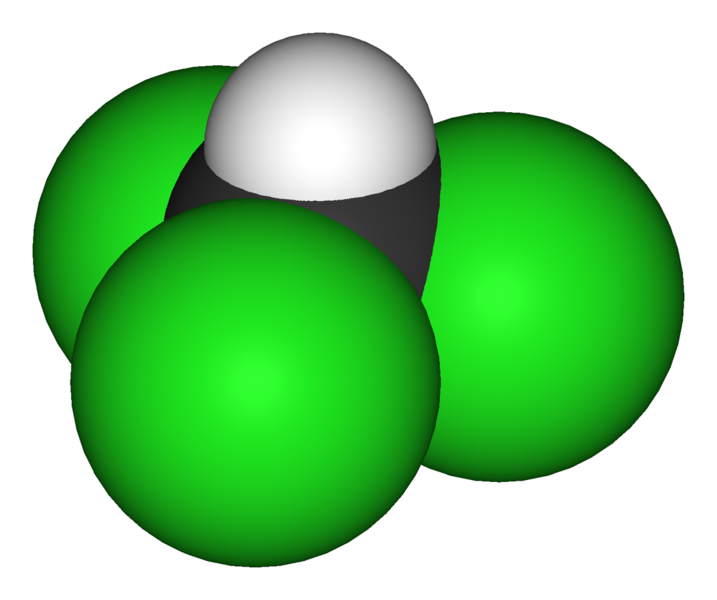"An organochloride, organochlorine, chlorocarbon, chlorinated hydrocarbon, or chlorinated solvent is an organic compound containing at least one covalently bonded chlorine atom. Their wide structural variety and divergent chemical properties lead to a broad range of applications. Many derivatives are controversial because of the effects of these compounds on the environment and on human and animal health."
or chlorinated solvent is an organic compound containing at least one covalently bonded chlorine atom. Their wide structural variety and divergent chemical properties lead to a broad range of applications. Many derivatives are controversial because of the effects of these compounds on the environment and on human and animal health."
"Chloride substituents modify the physical properties of organic compounds in several ways. They are typically denser than water due to the presence of high atomic weight of chlorine. Chloride substituents induce stronger intermolecular interactions than hydrogen substituents. The effect is illustrated by trends in boiling points: methane (-161.6 °C), methyl chloride (-24.2 °C), dichloromethane (40 °C), chloroform (61.2 °C), and carbon tetrachloride(76.72 °C). The increased intermolecular interactions is attributed to the effects of both van der Waals and polarity."